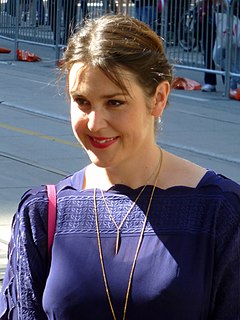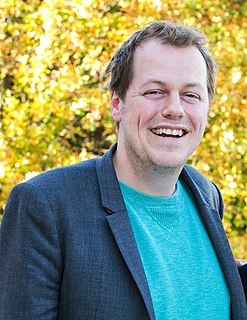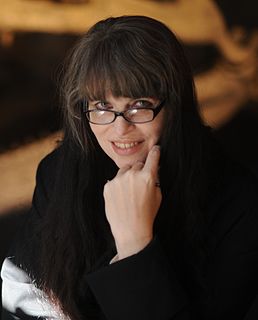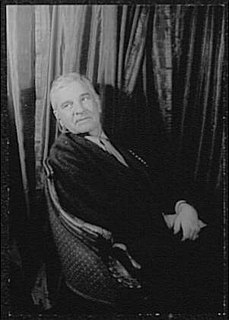A Quote by Amor Towles
All the historical elements should feel organic to the story but not hammered down to serve a purpose.
Related Quotes
The chief instrument of American statistics is the census, which should accomplish a two-fold object. It should serve the country by making a full and accurate exhibit of the elements of national life and strength, and it should serve the science of statistics by so exhibiting general results that they may be compared with similar data obtained by other nations.
Scientific practice is above all a story-telling practice. ... Biology is inherently historical, and its form of discourse is inherently narrative. ... Biology as a way of knowing the world is kin to Romantic literature, with its discourse about organic form and function. Biology is the fiction appropriate to objects called organisms; biology fashions the facts "discovered" about organic beings.
No story has a beginning, and no story has an end. Beginnings and endings may be conceived to serve a purpose, to serve a momentary and transient intent, but they are, in their fundamental nature, arbitrary and exist solely as a convenient construct in the minds of man. Lives are messy, and when we set out to relate them, or parts of them, we cannot ever discern precise and objective moments when any given event began. All beginnings are arbitrary.
If you come face to face with some really challenging situations and tragic circumstances - you are going in there with a purpose. You are not going in there as a tourist. You're not going there just to merely observe. You have a purpose, and your purpose is to tell that story, to share that story for the bigger benefit of millions of other people. Your purpose is to create that bridge so you can give that story the dignity and the focus that it deserves, and you can become a part of the amplification that needs to be there.
I feel like any actor should always be thinking about how to serve the story. The thing to be cautious of is trying to make too much of your "moment," or whatever. The story is a lot bigger than you, and you're there to help it along. The thing to think about is whether what you're doing is true to the moment and where the story's going, rather than going, "Here are my scenes. What can I try and do to make the most of them?"






































